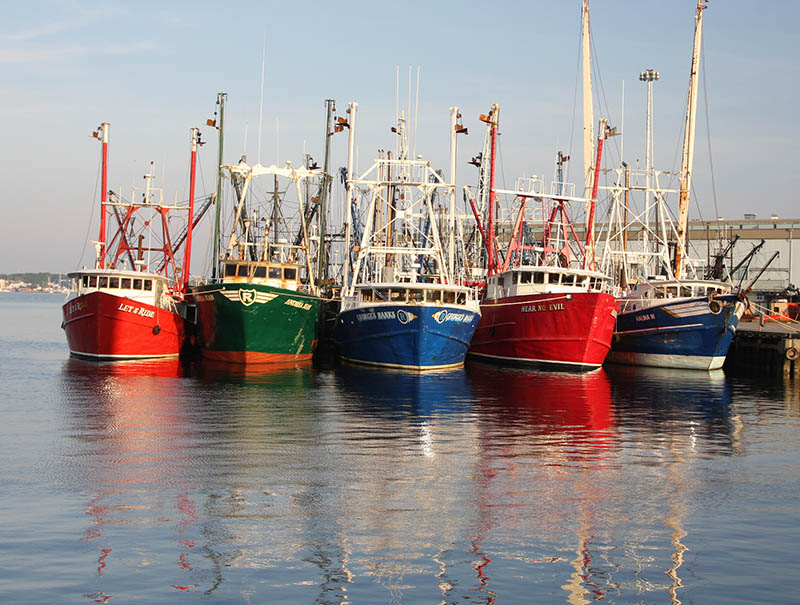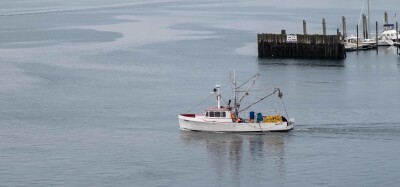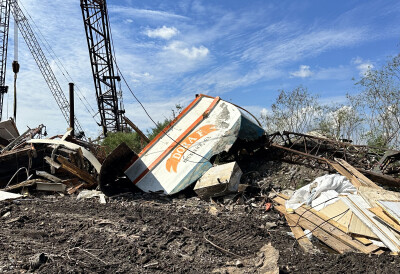According to NMFS’ annual report, “Fisheries of the United States,” commercial landings had an increase in value but a decrease in volume in 2016 compared to 2015 figures.
The report, released on Oct. 30, shows that 2016 landings reached 9.6 billion pounds (down 145.6 million pounds, 1.5 percent, from 2015) valued at $5.3 billion (up $108.7 million, 2.1 percent). The average ex-vessel price paid to fishermen was 55 cents per pound, compared to 54 cents per pound in 2015.
The report’s findings show landings increased in most regions in 2015, with the exception of Pacific fisheries. Landings value increased in New England, the South Atlantic and the Gulf of Mexico, while the West Coast, Alaska and Mid-Atlantic saw decreases.

A NOAA chart shows that nation's top ports by volume and value of landings.
New Bedford, Mass., captured the value crown for the 17th consecutive year, bringing in $327 million for 107 million pounds. New England as a whole saw an increase in both landings and value, bringing in 595.09 million pounds worth $1.33 million, compared to 590.99 million worth $1.24 million in 2015.
Dutch Harbor, Alaska, landed the largest volume of any port for the 20th consecutive year with 770 million pounds worth $198 million (the second highest value for a port). Overall, Alaska saw a decrease in landings and value, from 6.04 million pounds worth $1.76 billion in 2015 to 5.59 million pounds worth $1.55 billion. The entire Pacific Coast’s landings and value fell from 6.79 billion pounds worth $2.3 billion in 2015 to 6.52 billion pounds worth $2.24 billion.
The Mid-Atlantic saw landings decrease, but value increase from 641.56 million pounds worth $511.43 million in 2015 to 577.38 million pounds worth $548.68 million.
The South Atlantic showed the opposite trend, with higher landings but a decrease in value from 109.3 million pounds worth $214.4 million in 2015 to 109.97 million pounds worth $200.73 million.
The Gulf Coast had increases in landings and value from 1.53 billion pounds worth $816.5 million in 2015 to 1.72 billion pounds worth $856.95 million.







